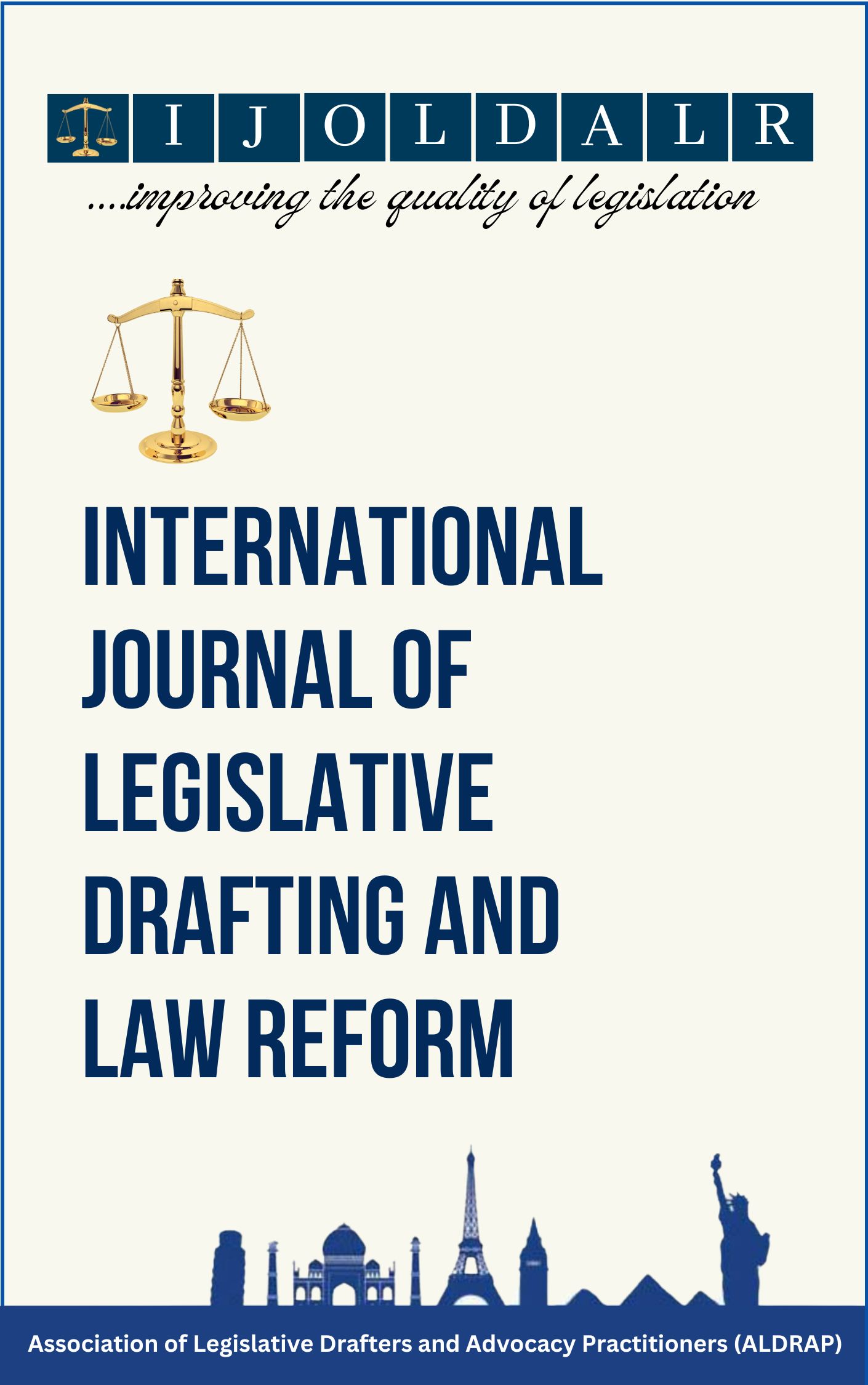Author Guidelines
Authors are invited to make a submission to this journal. All submissions will be assessed by an editor to determine whether they meet the aims and scope of this journal. Those considered to be a good fit will be sent for peer review before determining whether they will be accepted or rejected.
Before making a submission, authors are responsible for obtaining permission to publish any material included with the submission, such as photos, documents and datasets. All authors identified on the submission must consent to be identified as an author. Where appropriate, research should be approved by an appropriate ethics committee in accordance with the legal requirements of the study's country.
An editor may desk reject a submission if it does not meet minimum standards of quality. Before submitting, please ensure that the study design and research argument are structured and articulated properly. The title should be concise and the abstract should be able to stand on its own. This will increase the likelihood of reviewers agreeing to review the paper. When you're satisfied that your submission meets this standard, please follow the checklist below to prepare your submission.
Submission Preparation Checklist
All submissions must meet the following requirements.
- This submission meets the requirements outlined in the Author Guidelines.
- This submission has not been previously published, nor is it before another journal for consideration.
- All references have been checked for accuracy and completeness.
- All tables and figures have been numbered and labeled.
- Permission has been obtained to publish all photos, datasets and other material provided with this submission.
Articles
Section default policy
Copyright Notice
Any commercial use and any form of republication of material in the Journal is subject to the express permission of the Editor-in-Chief.
Privacy Statement
Introduction
The International Journal of Legislative Drafting and Law Reform ("IJOLDALR", "we", "our", "us") is committed to protecting the privacy and security of our users’ personal data. This Privacy Statement outlines how we collect, use, disclose, and safeguard your information when you interact with our journal, whether through our website, submissions, subscriptions, or other communications.
1. Information We Collect
We may collect the following types of information:
- Personal Identification Information: Name, email address, phone number, professional or academic affiliation, and other identifying information provided through submissions, subscriptions, or account registration.
- Content Information: Information related to your submissions, including manuscripts, reviews, and associated documents.
- Technical Information: IP address, browser type, operating system, access times, and pages viewed directly before and after accessing our website.
- Communication Information: Records of correspondence between you and IJLDLR, including inquiries, feedback, or support requests.
2. How We Use Your Information
We use the information we collect to:
- Facilitate the submission, review, and publication process.
- Manage your account and provide access to journal resources.
- Communicate with you regarding submissions, reviews, updates, and other relevant information.
- Improve our journal, website, and user experience.
- Ensure compliance with legal obligations and protect the rights and safety of our users and the journal.
3. Information Sharing and Disclosure
We may share your information with:
- Reviewers and Editors: Personal and content information may be shared with reviewers and editors involved in the submission and publication process.
- Service Providers: Third-party service providers that assist us in managing our website, conducting reviews, and delivering communications. These providers are contractually obligated to protect your information and only use it as necessary to provide services to IJLDLR.
- Legal Compliance: If required by law or in response to legal processes, we may disclose your information to authorities or other relevant entities.
4. Data Security
We implement appropriate technical and organizational measures to protect your personal data from unauthorized access, disclosure, alteration, or destruction. However, no method of transmission over the internet or electronic storage is completely secure, and we cannot guarantee absolute security.
5. Your Rights
You have the right to:
- Access and obtain a copy of your personal data.
- Request correction or deletion of your personal data.
- Object to or restrict the processing of your personal data.
- Withdraw your consent at any time where processing is based on consent.
To exercise these rights, please contact us at [insert contact email].
6. Data Retention
We will retain your personal data for as long as necessary to fulfill the purposes outlined in this Privacy Statement unless a longer retention period is required or permitted by law.
7. Changes to This Privacy Statement
We may update this Privacy Statement from time to time. Any changes will be posted on our website with an updated "Effective Date." We encourage you to review this Privacy Statement periodically to stay informed about how we are protecting your information.
8. Contact Us
If you have any questions or concerns about this Privacy Statement or our data practices, please contact us at: [email protected]



 National Library of Nigeria
National Library of Nigeria.jpg) Association of Nigerian Authors
Association of Nigerian Authors Nigerian Library Association
Nigerian Library Association EagleScan
EagleScan Crossref
Crossref